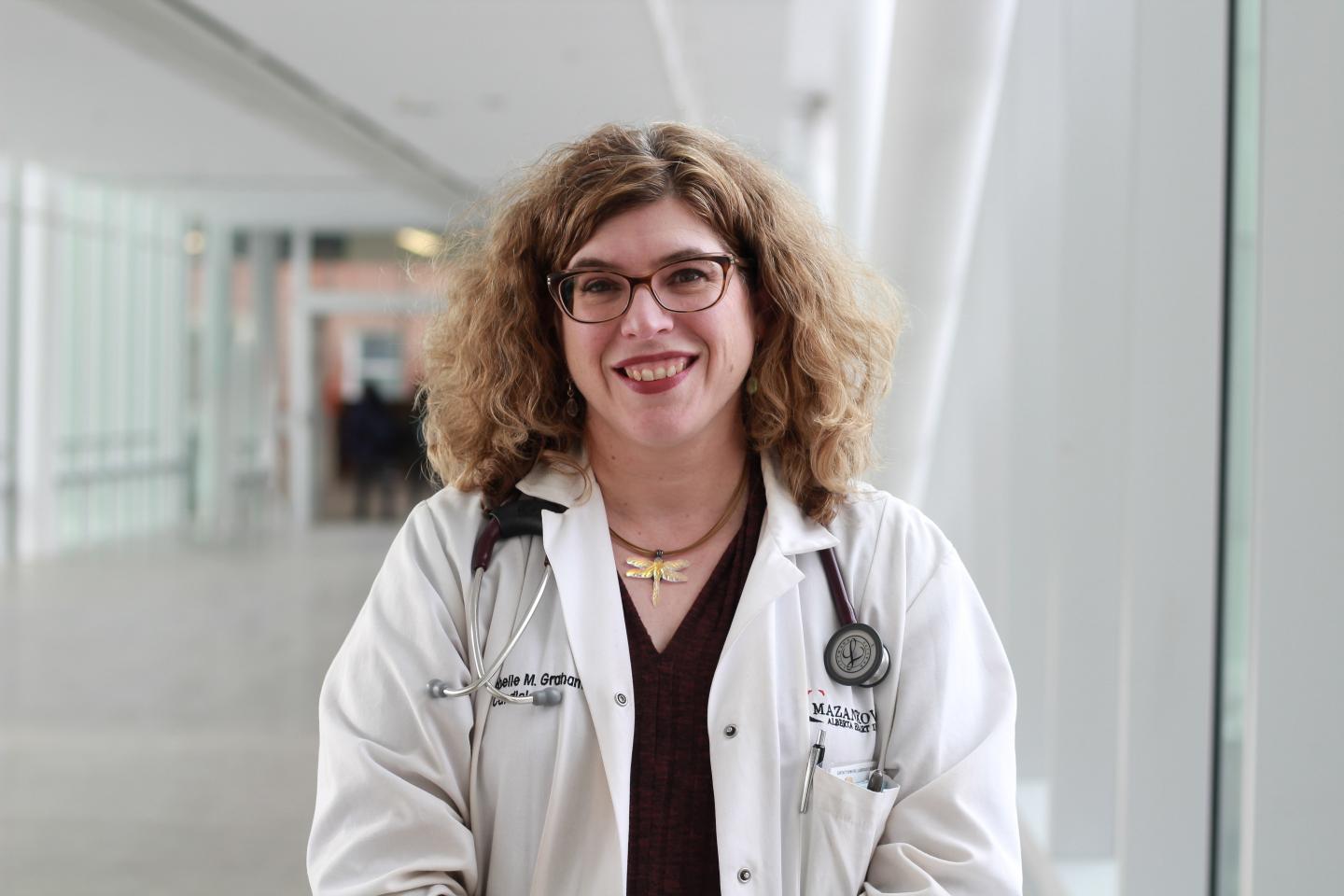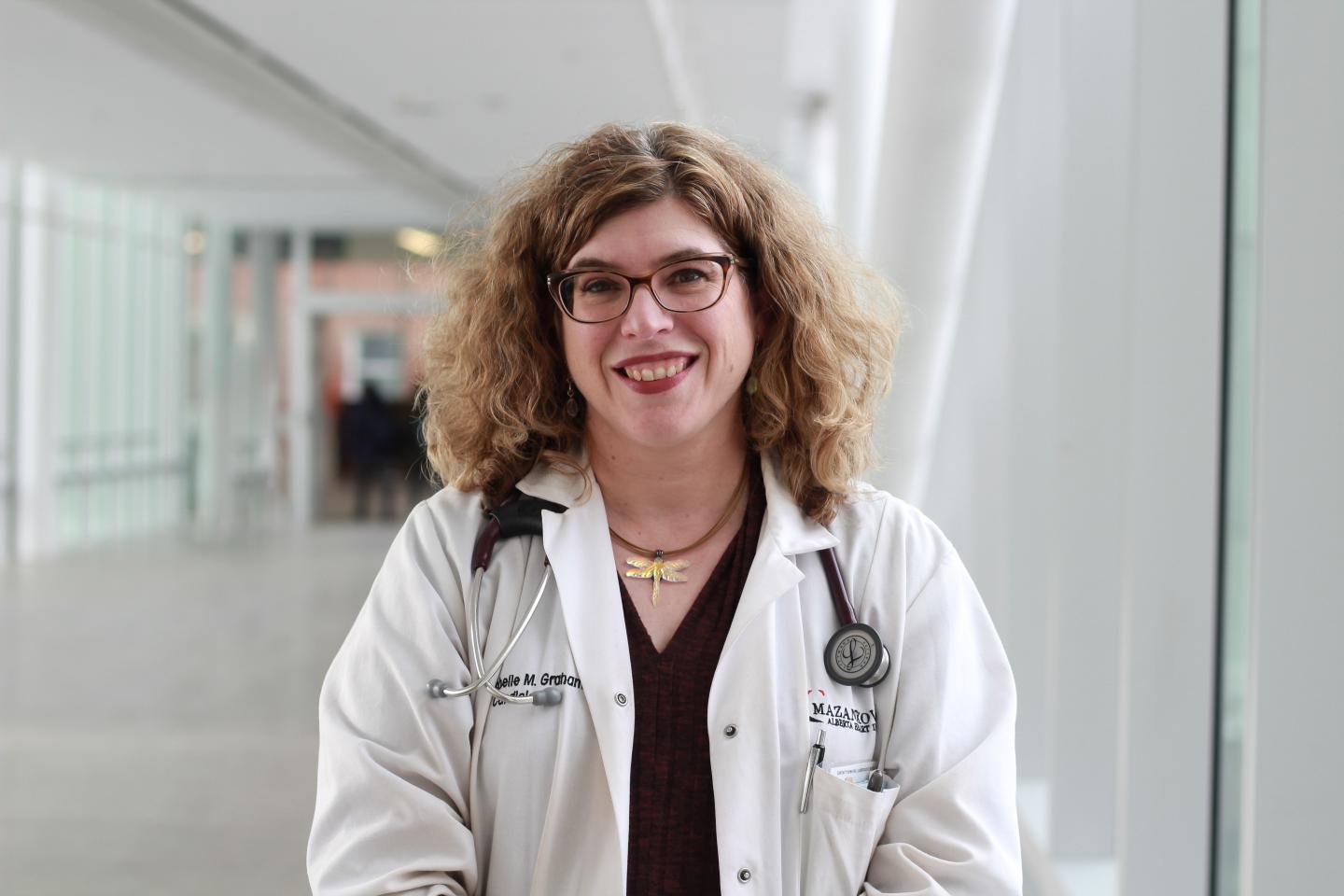
Credit: Melissa Fabrizio
A Canadian-led study has found that perioperative aspirin can prevent heart-related complications after major noncardiac surgery in patients with previous percutaneous coronary intervention (PCI) such as an angioplasty or stent.
The study found that for every 1,000 patients with PCI, giving them aspirin at the time of noncardiac surgery would prevent 59 heart attacks and cause eight major bleeding events. The results of this study are significant, given that 200 million adults undergo major noncardiac surgery annually.
These results were a substudy of POISE-2, a large international study with sites in 135 centres in 23 countries, including Edmonton. Patients with previous PCI were enrolled in 82 centres in 21 countries.
Noncardiac surgeries occur daily at hospitals around the world, so the study results will have a big impact on this patient group.
"This is your next-door neighbour who had angioplasty five years ago, feels fine and needs to go in for hip surgery. It affects quite a large number of people," said Michelle Graham, an interventional cardiologist, professor in the University of Alberta's Department of Medicine and lead of the substudy. "We believe that perioperative aspirin in this group of patients will most likely benefit them and reduce their risk of serious vascular complications."
In patients without a PCI, POISE-2 found that aspirin did not reduce the risk of heart attack and led to an increased risk of major bleeding.
Of the 10,010 participants enrolled in the POISE-2, 470 had a previous PCI. Since patients with a prior PCI have an increased risk of cardiovascular complications after noncardiac surgery, the group wanted to see if the findings were the same in the subgroup.
This was the largest randomized trial of patients with PCI undergoing major noncardiac surgery. Although the study found that aspirin reduced the risk of heart attack, it did slightly increase the risk of bleeding, though it did not appear worse than in the overall POISE-2 trial.
"There will be a big knowledge translation push with our colleagues in anesthesia and surgery to remind them we want them to continue aspirin in this group of patients, when for most other groups we're recommending they stop," says Graham.
The Canadian Cardiovascular Society guidelines published last year indicated that aspirin should not be given in the perioperative period.
"This will potentially change the practice of anyone who does perioperative medicine," said Graham.
Graham recognizes that studies like this are not possible without the participation of patients.
"We could not advance the field of medicine without the patients that participate in trials like POISE-2," said Graham. "This really is a team sport, we need the surgeons, anesthesiologist and patients on board to make it successful."
###
The study Aspirin in Patients with Previous Percutaneous Coronary Intervention Undergoing Noncardiac Surgery was published in Annals of Internal Medicine on November 14, 2017.
Funding for this study were largely provided by the Canadian Institutes of Health Research.
Media Contact
Shelby Soke
[email protected]
403-988-4730
@ualberta_fomd
http://www.med.ualberta.ca
Related Journal Article
http://dx.doi.org/10.7326/M17-2341





